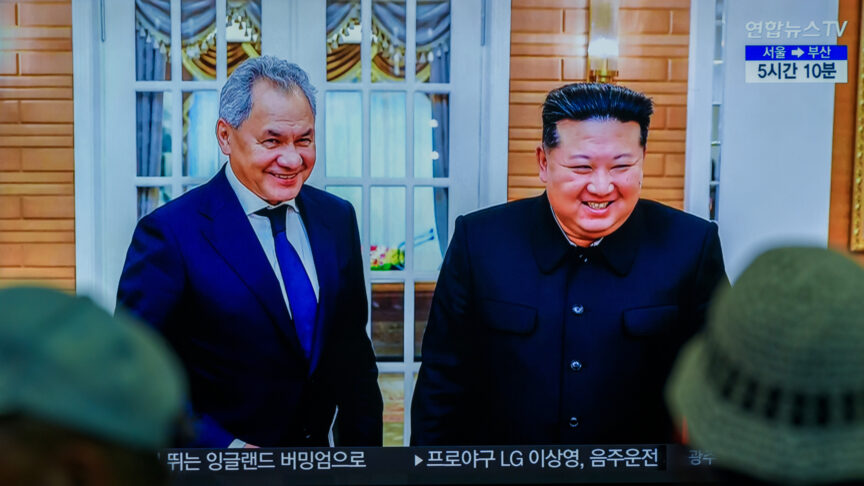A time for China to see a coordinated Europe
In response to the Chinese Premier?s European tour, John Fox argues that Europe’s national interests must be put aside
Over the next week Chinese Premier Wen Jiabao will travel across Europe on what his Ministry of Foreign Affairs describes as a “trip of confidence”. It’s an apt description for a trip that comes at a low point in confidence on both sides of the relationship.
Since China dramatically pulled out of the EU-China summit that France should have hosted in December, there have been low expectations for the immediate future of EU-China relations and few indications of either side being willing to make the effort to put things back on track. President Obama’s administration has already captured Beijing’s attention by accusing China of manipulating its currency. Whether or not this is true, it is the sort of opening shot that Europe is rarely capable of.
But it didn’t need a new US president to steal the initiative – Europe hasn’t shown any of its own towards China for some time. There was a deafening silence from Europe after China’s unilateral cancellation of the summit last year. France’s unsurprising statements of disappointment got no real support from European colleagues, and there has been no drive within Europe to reflect on what this cancellation means for the EU’s approach to China. China doesn’t feature in the Czech Presidency’s priorities, and EU discussions in advance of Premier Wen’s visit seem limited to agreeing a common line of “regret and disappointment” at the summit cancellation, but no specific EU actions.
So once again it falls to China to take the issue to European leaders. Wen is of course notably not stopping in France during his visit, but neither is he visiting Prague (instead he is calling on Brussels where all the action that China is interested in happens). So is Wen’s visit really about fence mending and confidence building as is claimed, or is China up to its old divide and rule tactics to make sure that France and Europe realise that it is China that dictates the terms of this relationship?
From Europe’s perspective, its key interest in this visit is the same as it was for the EU-China summit: to get China to engage, and engage substantively, in dealing with the global economic crisis. The cancellation of the summit also served as an opportunity for China to avoid having to make commitments to Europe. And China did little at the G20 meeting in Washington.
What Europe, and the world, needs is strong coordinated action by European leaders to draw China in to an international effort. The time has past for recriminations about the summit cancellation (though Europe still needs to urgently review its China policy and demonstrate that it has teeth of some sort). Whilst Sarkozy may still be in the dog-house, Brown, Merkel, Zapatero and Barosso are heavy-weights that should be coming together and agreeing a strategy for leveraging China’s commitment.
There is plenty of evidence that Europe’s leaders intend to raise these issues individually. Gordon Brown will certainly make the economic crisis his main agenda item for Wen’s UK visit, and with London hosting the G20 meeting on 2 February he will also want to prepare the ground for agreement on forward action rather than rehearse old arguments over burden sharing.
China, for its part, has changed its perception of the economic crisis in the last month. It is beginning to realise that it cannot simply close itself off from outside pressure and use public funding and its usual administrative tools to avoid the unemployment spiral that threatens the country’s stability.
The opportunity is there to show China that Europe can lead. But Europe needs a truly coordinated effort if its voice is to be heard above those of a revitalised US and a worried Chinese public, not the usual scattergun of member states pushing their own narrow national interests.
The European Council on Foreign Relations does not take collective positions. ECFR publications only represent the views of their individual authors.


